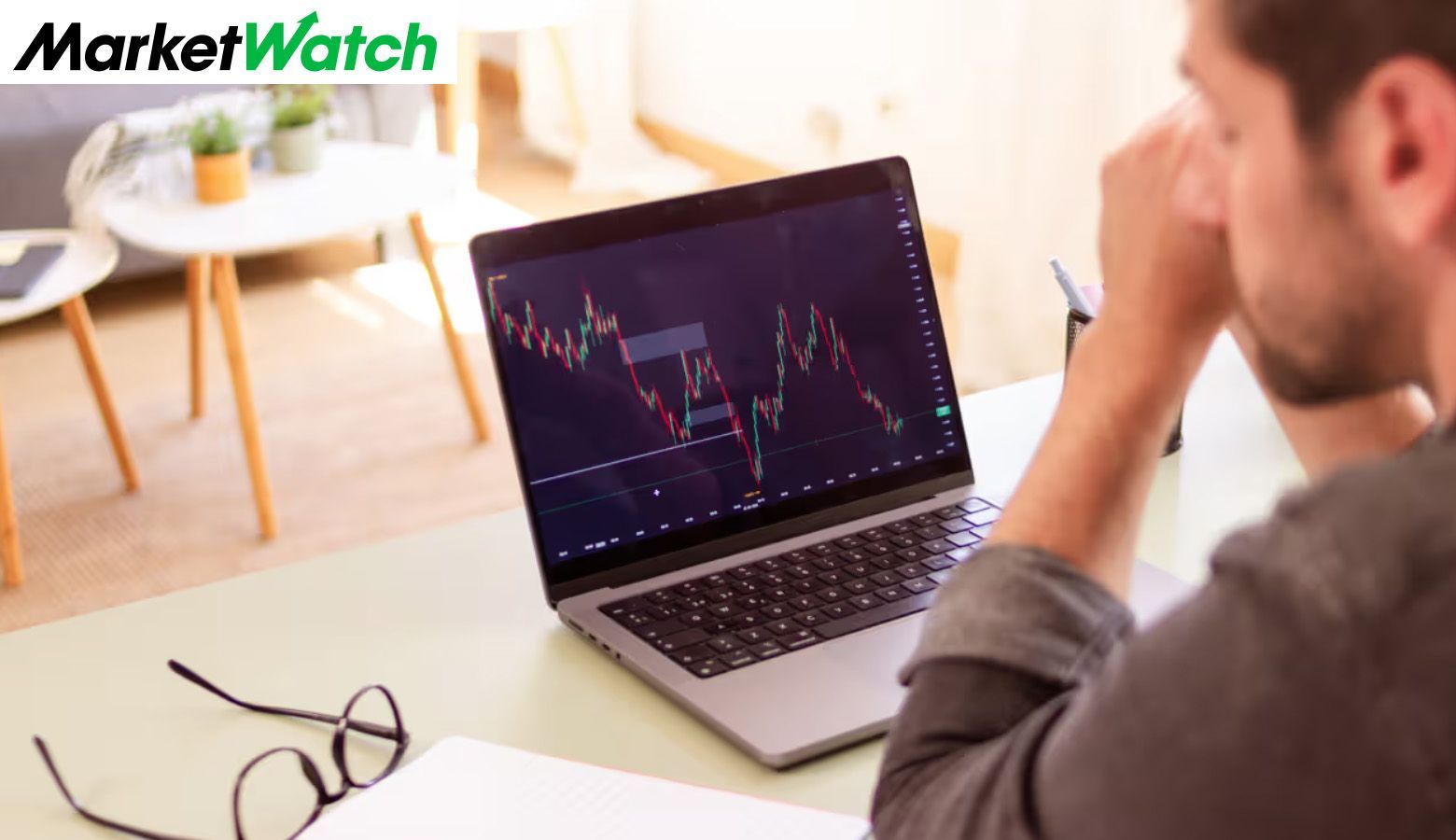Stock market drop shouldn’t faze long-term investors
August 28, 2015
If you follow the markets — and certainly you do, if you’ve got skin in the game with a 401(k), IRA or other investment account — this week has been one wild ride. It began with a gut-wrenching 1,000-point drop Monday in the Dow Jones Industrial Average within the first few minutes of trading. The day netted out at a 588-point loss, the eighth-worst single-day drop in history. Some are wondering if there’s more to come.
I’d like to offer my take on what happened and how the average investor should respond.
What happened?
The market sell-off comes with a label: “Made in China,” not “Made in the U.S.A.” China’s stock market has been struggling for months as the country’s economic growth appears to be slowing down. China’s manufacturing sector is the weakest it’s been since the global financial crisis. Stocks in Hong Kong, Indonesia and Taiwan have also entered bear market territory.
The Chinese government’s efforts to help have been ineffectual. Most recently, China’s central bank has lowered lending standards, making it easier for the Chinese people to borrow and the Chinese banks to lend money. They’ve also tried an interest-rate cut, threatened rumormongers, allowed the national pension fund to buy stocks and announced plans to investigate short-sellers who place bets on the market falling — but nothing’s worked. Aug. 24 has been dubbed “Black Monday” in China because shares plummeted by more than 8 percent, their worst trading day since 2007.
But if we look the preceding 18 months, China’s stock market had risen a dramatic 150 percent. As prices soared, millions of first-time Chinese investors got into the market, believing prices would continue their upward trajectory. The sell-off in China could be the leveling of stock prices to the reality of their declining growth rate. When an economy slows, company earnings go down and stock prices reset to reflect that. China is the world’s second-largest economy, so markets around the globe reacted.
Impact on U.S. investors
In a phone call my firm participated in on Monday, David Kelly, chief global strategist at J.P. Morgan, said: “In the short term, sell-offs are all about psychology. In the medium term, they’re all about economics. In the long term, it’s really about valuations.” I couldn’t agree more. As proof of the power of psychology, consider that U.S. exports to China are less than 1 percent of our GDP; Europe’s exports to China are less than 2 percent of theirs.
U.S. economic data may not be robust, but it’s solid and growing: Retail and car sales, housing starts and existing home sales are all up, and the July jobs report was good; we expect another solid August jobs report. Falling energy prices will certainly negatively impact energy companies, but they are a net positive for the consumer and companies with high energy input. Compared with the financial crises of 2008 and 1997, our banks are much better capitalized, and our companies are leaner and have much larger cash positions. U.S. stock valuations are below their 25-year average based on forward price-to-earnings ratios, and average dividend yield of an S&P 500 company is 2.5 percent, compared with 2.15 percent on the current 10-year Treasury yield. Both are good news concerning equity valuations and even better news when taken in context with historically low interest rates. In short, U.S. economic and corporate fundamentals are good, and the U.S. is not slipping into a recession.
Keep it in perspective
Finally, corrections are absolutely normal: In 27 of the past 35 years, there have been average intra-year drops of minus 14.3 percent. The stock market simply does NOT go up in a straight line. Investors buy stocks for long-term growth and should expect market reactions to world events. Market sell-offs always test an investor’s true risk tolerance. Talk to your financial adviser and make sure your investment portfolio is constructed to help you achieve your financial goals without taking unnecessary risks.
Phoebe Venable, chartered financial analyst, is president and COO of CapWealth Advisors LLC.













